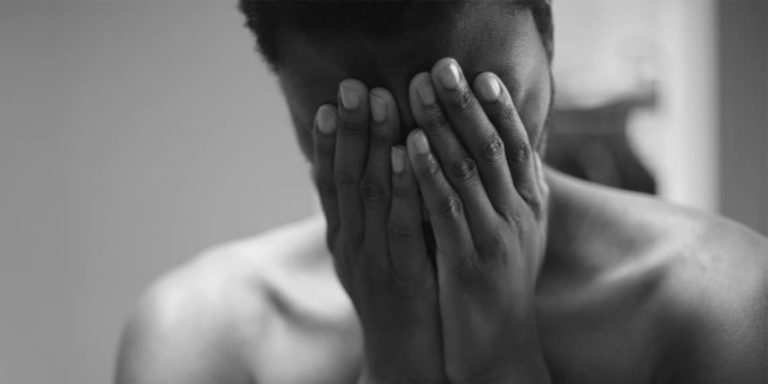

Most members of the LGBTQ+ community recognize that it, like many marginalized and minority communities, suffers from internal struggles centered on identity and the outward display of personality traits and behaviors that generate discrimination from the general public. Effeminacy among gay and bisexual men, and the (perceived) rejection of gender stereotypes associated with it, is a particularly salient and longstanding example.
A recent study published in Trends in Psychology examined the relation between negative attitudes regarding effeminacy and internalized homophobia among gay men, bisexual men, and other men who engage in same-sex relations.
A total of 1123 Brazilian men participated in the study, which used questionnaires to measure negative attitudes towards effeminacy and internalized homophobia. The latter can lead to self-hatred, feelings of shame, and negative views of community members that display effeminate qualities, while internalized stigma in general has been tied to decreased quality of life, anxiety and depression, and lack of general and sexual self-esteem.
The results shed light on a complex and emotionally-charged issue and may represent an opportunity for gay, bisexual and other men to improve their wellbeing by modifying their attitudes toward certain personality traits.
Perhaps unsurprisingly, the authors found a positive relationship between negative attitudes towards effeminacy and internalized homophobia, such that gay and bisexual men who held negative attitudes towards effeminacy demonstrated higher levels of internalized homophobia.
However, digging down into the data leads to some more interesting conclusions. The authors separated participants into two main groups, primarily effeminate (effem) and primarily masculine (masc), and then into three further subgroups: those who wished to be more effeminate (SE-), less effeminate (SE+), and those who were happy with their level of effeminacy (SE=).
The authors found that in general, regardless of how masculine or effeminate a man was, a desire to be more masculine was associated with higher levels of internalized homophobia.
This is particularly interesting because it highlights a paradox faced by a large number of gay and bisexual men who, rejecting effeminate behavior and seeking to distance themselves from it, desire to be ever more masculine. For many, the belief may be that reaching their desired level of masculinity would make them happier.
And yet, the results indicate that the reverse may be true: embracing rather than rejecting this aspect of one’s community and self may have a far more positive impact on wellbeing, by reducing levels of internalized homophobia and stigma.
The effect is so strong that it overcomes the more general trend relating masculinity to internalized homophobia, such that masculine men who wished to be more effeminate (masc_SE+) demonstrated lower levels of internalized homophobia than effeminate men who wished to be more masculine (effem_SE-), and only slightly higher levels than effeminate men who were happy with their level of effeminacy (effem_SE=).
The authors note some limitations, including the need to investigate other elements that may influence masculinity and one’s relation to it, including ethnicity, class, education, and territory. Of course, examining this relation in other cultures, which have their own social norms and perspectives on effeminacy and masculinity, is paramount to improving generalizability.
Internal division plagues many minority and marginalized groups, and the LGBTQ+ community is no different. Understanding how (negative) majority perspectives are internalized by community members and the effect this has on them is essential to resolving these divisions and helping community members to live happier, healthier lives.
The study, “Effeminacy and anti-effeminacy: interactions with internalized homophobia, outness, and masculinity“, was authored by Mozer de M. Ramos, Angelo B. Costa, and Elder Cerqueira-Santos.